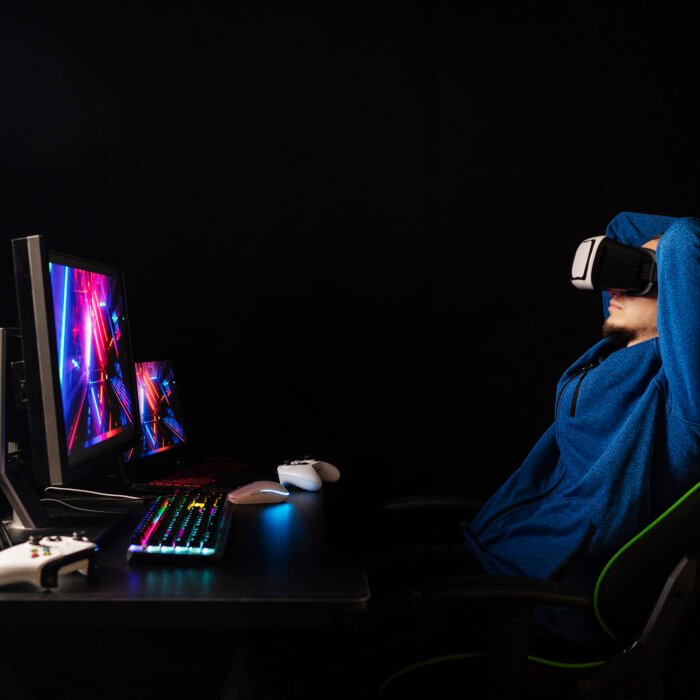Anxiety is a completely normal and widespread human emotion. It encompasses a range of feelings such as unease, worry, fear, and apprehension, and is often accompanied by physical reactions such as increased heart rate, sweating, shaking, or difficulty breathing. This natural response can arise due to real or perceived threats or stressors. Although anxiety serves a purpose in preparing us for potential dangers, if it becomes excessive, long-lasting, or interferes with our daily routine, it can become problematic. This group of mental health conditions is known as anxiety disorders, which are characterized by anxiety as the primary symptom and significantly impact a person’s day-to-day functioning. Some of the most common types of anxiety disorders include generalized anxiety disorder (GAD).
What is an anxiety disorder?
Anxiety disorders are a common mental health concern, characterized by persistent and overwhelming worry, fear, and anxiety. They go beyond the normal feelings of stress and nervousness that people may experience in certain situations, and can greatly disrupt daily life, relationships, and overall well-being. There are several types of anxiety disorders, including:
1. Generalized Anxiety Disorder (GAD):
This type involves excessive and uncontrollable worry about various aspects of life, such as work, health, and relationships. The worry is often disproportionate to the actual threat, and those with GAD may struggle to manage their anxiety.
2. Panic Disorder: Individuals with this disorder experience unexpected and intense episodes of fear and anxiety, known as panic attacks. These attacks can be debilitating and may cause individuals to avoid certain situations or places.
3. Social Anxiety Disorder (Social Phobia): Those who suffer from social anxiety disorder are overcome with a debilitating fear of social situations, causing a strong urge to avoid them at all costs. This fear stems from concerns of embarrassment, shame, or harsh judgement from others, and can greatly hinder one’s ability to engage with others.
4. Specific Phobias: Specific phobias are irrational and extreme fears of particular objects or situations, such as heights, spiders, flying, or enclosed spaces. When faced with their feared trigger, individuals may experience severe anxiety or panic attacks.
“Did you know that OCD, also known as Obsessive-Compulsive Disorder, involves intrusive and unwanted thoughts, leading to repetitive and often compulsive behaviors? These rituals and actions are often done in an attempt to relieve anxiety or prevent a feared event from happening. Similarly, Post-Traumatic Stress Disorder, or PTSD, can arise after experiencing or witnessing a traumatic event like a natural disaster, assault, or military combat. Those affected may experience intrusive thoughts and memories, nightmares, flashbacks, and overwhelming emotional distress.”
Managing anxiety:
Managing anxiety involves a combination of self-help strategies, lifestyle changes, and professional support. Here are some techniques that may help:
1. Practice relaxation techniques: Deep breathing exercises, progressive muscle relaxation, and mindfulness meditation can help calm your mind and body. These techniques can be practiced regularly to reduce overall anxiety levels.
2. Exercise regularly: Engaging in physical activity releases endorphins, which are natural mood boosters. Regular exercise can help reduce anxiety and improve your overall well-being.
3. Get enough sleep: Lack of sleep can exacerbate anxiety symptoms. Aim for a consistent sleep schedule and create a relaxing bedtime routine to promote quality sleep.
4. Limit caffeine and alcohol: Stimulants like caffeine can increase anxiety levels, so it’s important to moderate your intake. Similarly, alcohol may temporarily relieve anxiety, but it can ultimately worsen symptoms.
Maintain a balanced diet, Challenge negative thoughts, Establish a support system, can help you to manage anxiety, Remember that everyone’s experience with anxiety is different, so it may take time to find the strategies that work best for you. Be patient and kind to yourself as you explore different approaches to managing anxiety.



